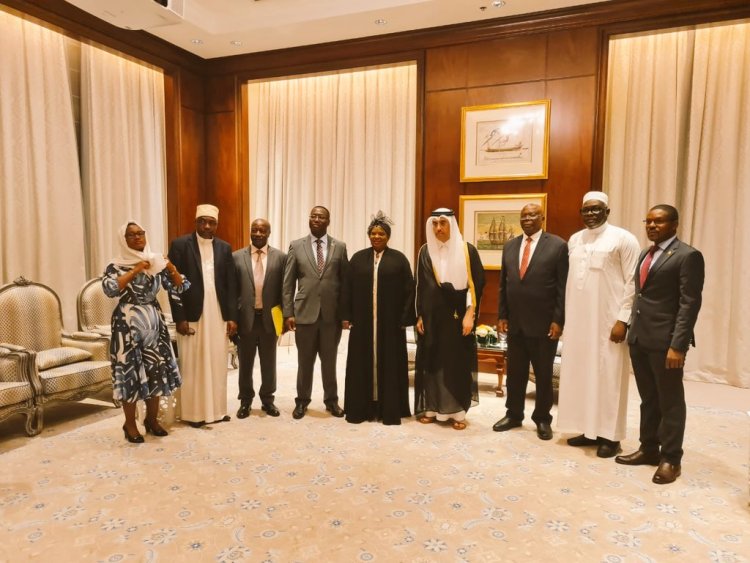Qatar and Uganda have opened new discussions aimed at strengthening cooperation in labour governance, with the goal of better protecting migrant workers’ rights. The talks took place on the sidelines of a regional workshop hosted by the International Organisation for Migration (IOM) in East and Southern Africa.
The meeting brought together Hamad Faraj Dalmouk, Assistant Undersecretary for Migrant Labour Affairs at Qatar’s Ministry of Labour, and Aggrey David Kibenge, Permanent Secretary of Uganda’s Ministry of Gender, Labour and Social Development. Both officials stressed the importance of building stronger frameworks to improve the safety and welfare of workers, particularly those employed abroad.
The IOM workshop, themed Knowledge Exchange and Consular Cooperation, gathered officials from labour and foreign ministries, consular representatives, and civil society groups. Key issues on the table included wage protection systems, fair contractual frameworks for workers in Gulf labour markets, recruitment practices, and the challenges faced by consular services when supporting citizens employed overseas.
Dalmouk described the workshop as an important platform for exchanging practical experiences and building stronger migration governance. He noted that Qatar is committed to developing policies that balance the demands of its labour market with the need to guarantee workers’ welfare. According to him, ensuring fair recruitment processes and safe working environments remains a top priority.
For Uganda, the dialogue comes at a time when thousands of its citizens are seeking employment opportunities in Gulf states, making the protection of migrant workers a critical issue. Kibenge welcomed the engagement with Qatar, stating that stronger bilateral cooperation could help address recurring concerns about contract enforcement, living conditions, and payment disputes.
The talks also highlighted the importance of involving migrant associations and civil society organisations in shaping migration pathways. Both Qatar and Uganda agreed that fair and safe migration cannot be achieved through government efforts alone, but must include the voices of the workers themselves and the groups that support them.
Regional and international partnerships were recognised as central to progress. Both parties reaffirmed that building strong cooperative frameworks is necessary to ensure that policies designed to protect workers are effectively put into practice. This includes enhancing monitoring mechanisms, improving information-sharing, and creating channels for workers to seek help if their rights are violated.
The meeting marked another step in Qatar’s broader effort to improve its labour practices, particularly after years of international scrutiny. Uganda, meanwhile, continues to seek better protections for its migrant workforce, many of whom play a vital role in supporting families back home through remittances. The cooperation between the two nations signals a shared commitment to ensuring that the movement of workers is both safe and fair.

